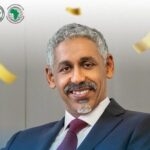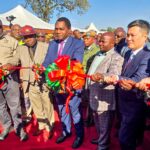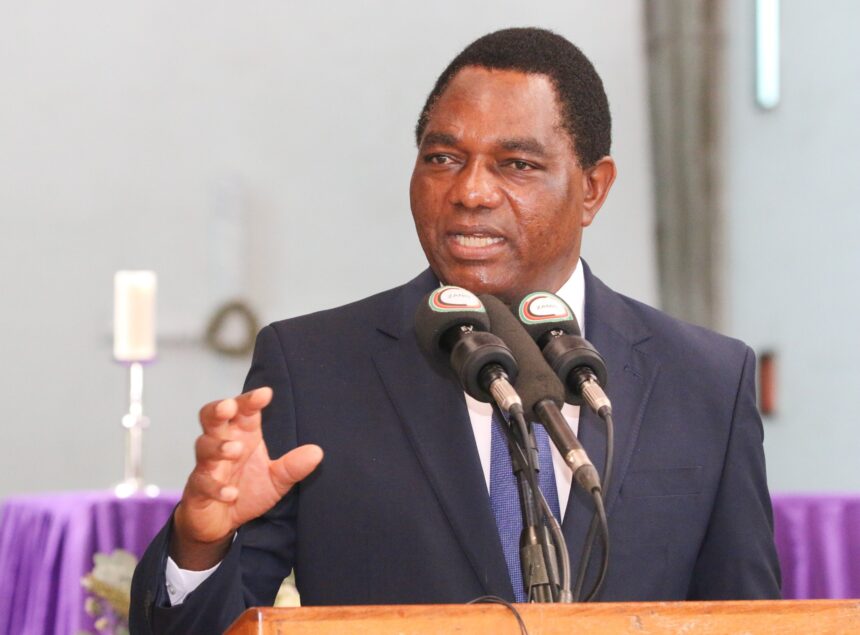During the funeral service of the late Forum for Democracy and Development (FDD) President Edith Nawakwi, President Hakainde Hichilema delivered a heartfelt and unifying speech, paying tribute to the former minister, Member of Parliament, and long-standing opposition leader. His message emphasized national unity, the importance of political dialogue, and honouring the contributions of those who served Zambia with conviction, regardless of political differences.
President Hichilema began by offering his sincere condolences on behalf of the government, the Constitution, and the people of Zambia to the Siwan people and the family of the late Nawakwi, describing her death as a loss not only to her family but to the entire nation. “We want to share with you the sorrow. We want to share with you the grief that you are going through,” he said, noting that this moment was one of reflection for the entire country.
Reflecting on Nawakwi’s legacy, the President honoured her for her significant service to the nation—as an elected Member of Parliament, a minister in various portfolios, and a vibrant voice in opposition politics. “Let me take the duty to thank our sister for her contributions to our country… for the role she played in moving our country forward, leading the way for us who are in leadership today,” he said.
In a particularly profound moment, President Hichilema acknowledged the presence of various political leaders, including those from the opposition, emphasizing the importance of unity in diversity. “Indeed, my colleagues in the opposition, all of you, we acknowledge your presence here today. I think this is the way to fix it,” he said, drawing applause from many who welcomed this spirit of togetherness.
Responding directly to FDD Vice President Chifumu Banda’s earlier call for increased national dialogue, the President wholeheartedly agreed. “Dialogue is the utmost way of expression of maturity,” he stated. He reminded the nation that differences in opinion and party affiliation do not equate to enmity. “Political party competition does not mean anything. It means competition… Dialogue is the way we should solve problems—at all times.”
President Hichilema also used the moment to reflect on the maturity of a society, stating, “Society is not measured by the number of problems that arise. Society is measured by the maturity in how we deal with the issues… not slagging each other down every day, but creating a window of maturity to do the right things.”
The President’s message was not only about politics but also about healing, respect, and shared humanity. He acknowledged the living family of the late Nawakwi, the traditional leaders, church representatives, members of government, and the media for their roles in supporting national values.
He concluded by calling on all Zambians to honour Nawakwi’s memory through unity, compassion, and dialogue. “Let us use this opportunity to honour our sister by reaching out to each other,” he said. In doing so, President Hichilema turned a moment of national mourning into a powerful call for peace, tolerance, and togetherness—an enduring tribute to the woman who, in life and death, brought Zambia’s political family closer.






